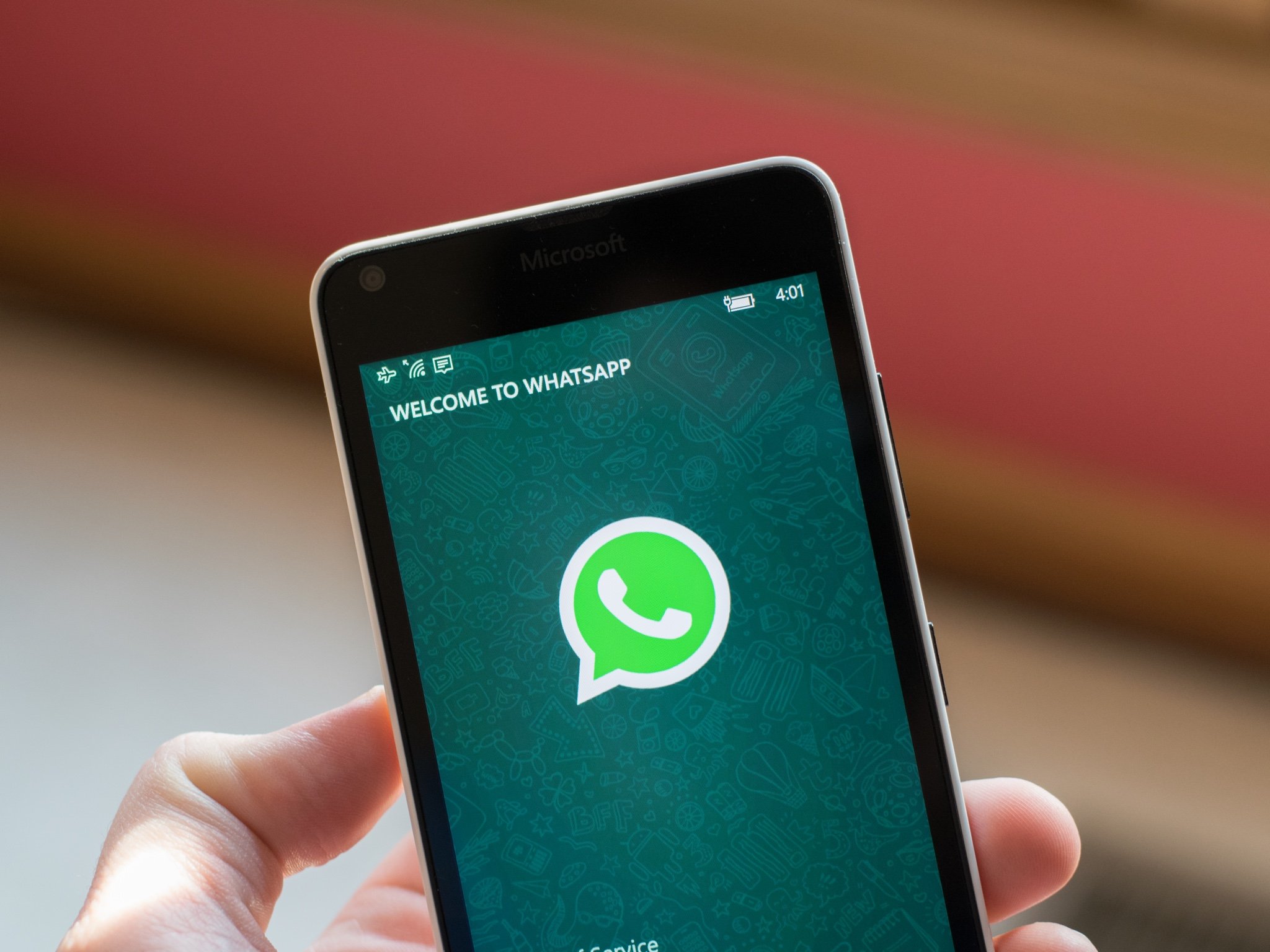
the staff of the Ridgewood blog
WASHINGTON, D.C. — In a move raising questions about digital privacy and government tech policy, the U.S. House of Representatives has officially banned the use of WhatsApp on government-issued devices. The decision, issued by Chief Administrative Officer Catherine Szpindor, cites a lack of transparency surrounding Meta’s data privacy and security practices as the primary concern.
The directive, first reported by Axios, instructed House staffers to delete WhatsApp from any government-owned smartphones, desktop computers, or other official devices.
“Protecting the People’s House is our topmost priority,” Szpindor said in a statement to CNBC. “We are always monitoring and analyzing for potential cybersecurity risks that could endanger the data of House Members and staff.”
🔐 WhatsApp Security Concerns
The ban underscores mounting skepticism toward Meta’s stewardship of private communications via WhatsApp, despite the app’s end-to-end encryption technology. Critics argue that Meta’s data handling policies lack transparency, especially in the wake of growing concerns about surveillance, data sharing, and monetization.
However, Meta strongly disagrees with the decision. Andy Stone, a company spokesperson, took to X (formerly Twitter) to respond:
“We disagree with the House Chief Administrative Officer’s characterization in the strongest possible terms.”
Stone emphasized WhatsApp’s security advantages, stating:
“WhatsApp’s encrypted nature provides a higher level of security than most of the apps on the CAO’s approved list.”
📱 Approved Messaging Alternatives
The CAO has recommended several alternatives that comply with government security protocols:
-
Microsoft Teams
-
Signal
-
Apple iMessage
These apps, while secure, are not all encrypted by default across platforms, unlike WhatsApp.
💼 Policy Context & Tech Industry Fallout
The ban comes as Meta faces increased scrutiny, including a major antitrust case from the Federal Trade Commission over its acquisitions of WhatsApp and Instagram. It also follows Meta’s recent rollout of ads on WhatsApp, as part of CEO Mark Zuckerberg’s strategy to make the app a profitable centerpiece of the company’s future.
The move by the House comes amid ongoing efforts by lawmakers to tighten cybersecurity protocols and scrutinize the influence of Big Tech in national affairs.
🔮 What’s Next?
While Senate staffers are still allowed to use WhatsApp, the House ban highlights a growing rift between government agencies and Silicon Valley tech giants over the future of secure communication tools.
Meta insists it will continue to work toward reinstating WhatsApp for official use by House staffers and promoting the app’s encrypted infrastructure as an asset rather than a liability.
Take the Wall Street Walking Tour https://www.facebook.com/unofficialwallstreet
#WallStreetTours,#FinancialDistrictExploration, #ExploreWallStreet, #FinancialHistoryTour, #StockMarketExperience, #FinancialDistrictDiscovery, #NYCFinanceTour,#WallStreetAdventure
